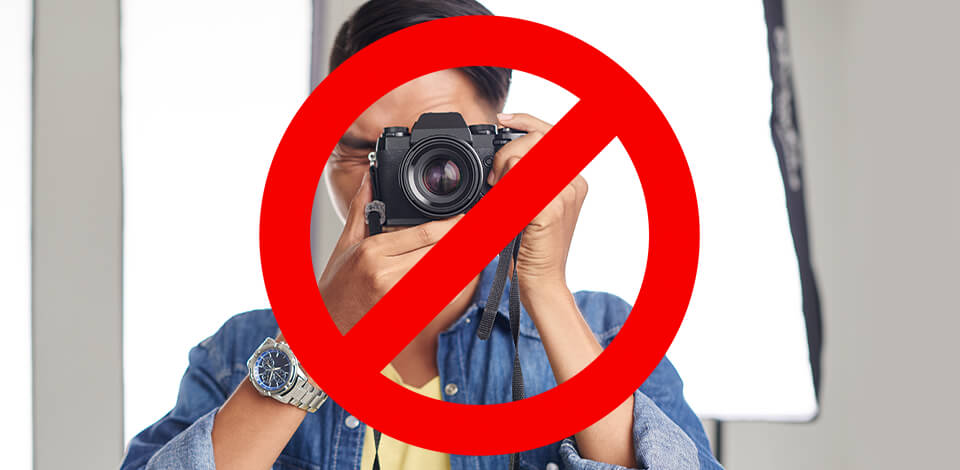
There are so many photos of famous attractions from different parts of the globe on the net that it seems obvious that you can also snap a shot there during your next trip. However, the reality is a bit different and you may face serious problems (either legal or financial) if you dare to take an image where no photography allowed.
To avoid possible problems and enjoy your overseas vacation to the fullest, make sure to compile a list of popular sightseeing where shooting is strictly forbidden.
If you have ever studied the lists of the handiest travel photography tips, you know that memorizing taboos can be a lifesaver. Have a closer look at this review of 15 most visited places, where you should hide your travel camera in a bag and just marvel at the wonders you can see around.
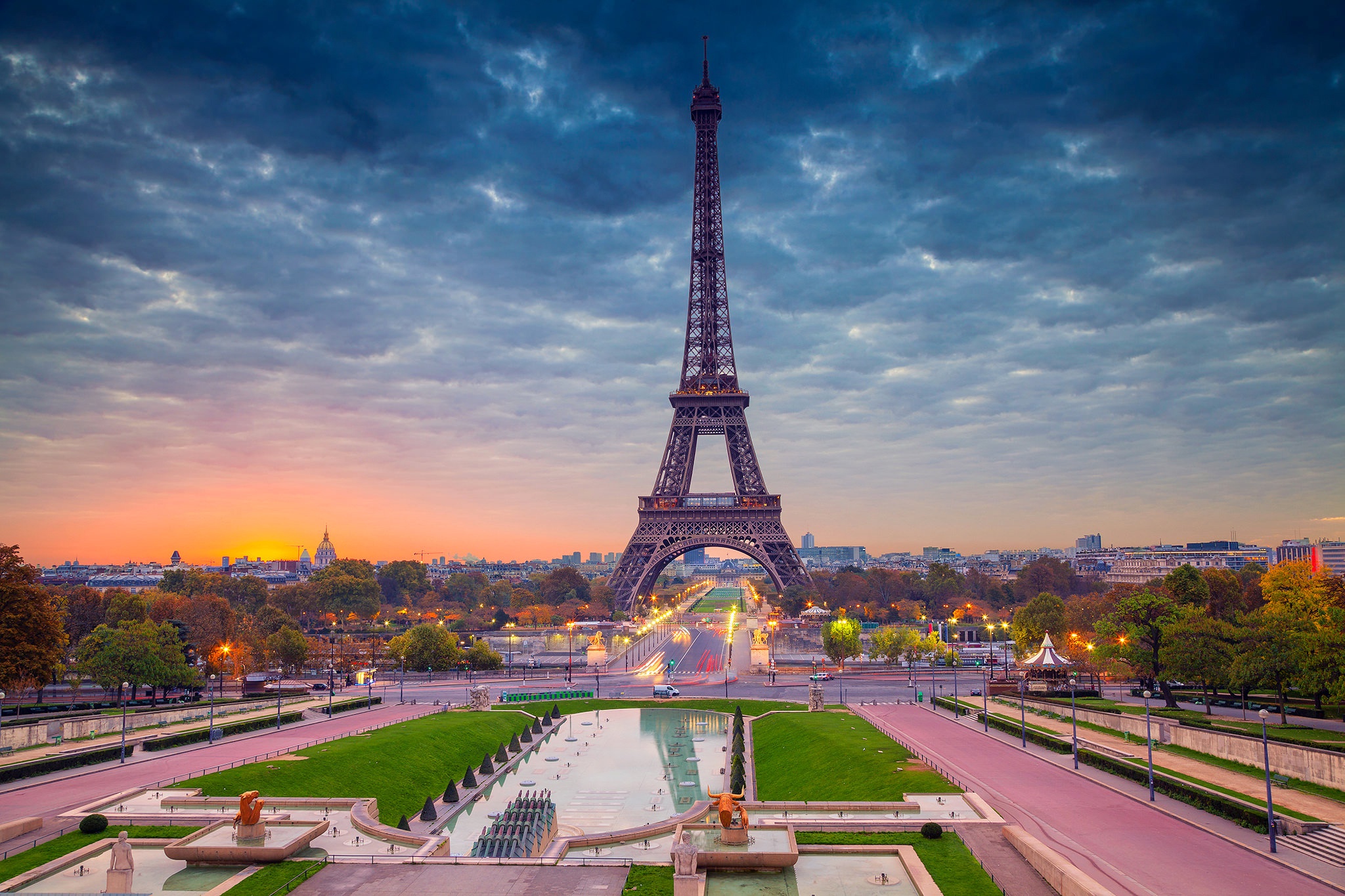
Location: Paris, France
Being the pearl of the Paris cultural heritage, the Eiffel Tower attracts thousands of tourists from all corners of the planet. If you decide to take a photo of this beauty in the daytime, you won’t experience any problems. There are lots of such photos on the web, stock photo platforms, in magazines, etc.
However, when the Eiffel Tower is lit up at night, it is classified as an art installation, which means it is protected by copyright. Though you won’t see any “no photos allowed” notification, remember that such images can’t be used for commercial purposes.
To film the tower at night, you need to get special permission. Even if you use a night photo of a tower for a sponsored social media post, get ready to deal with legal prosecution.
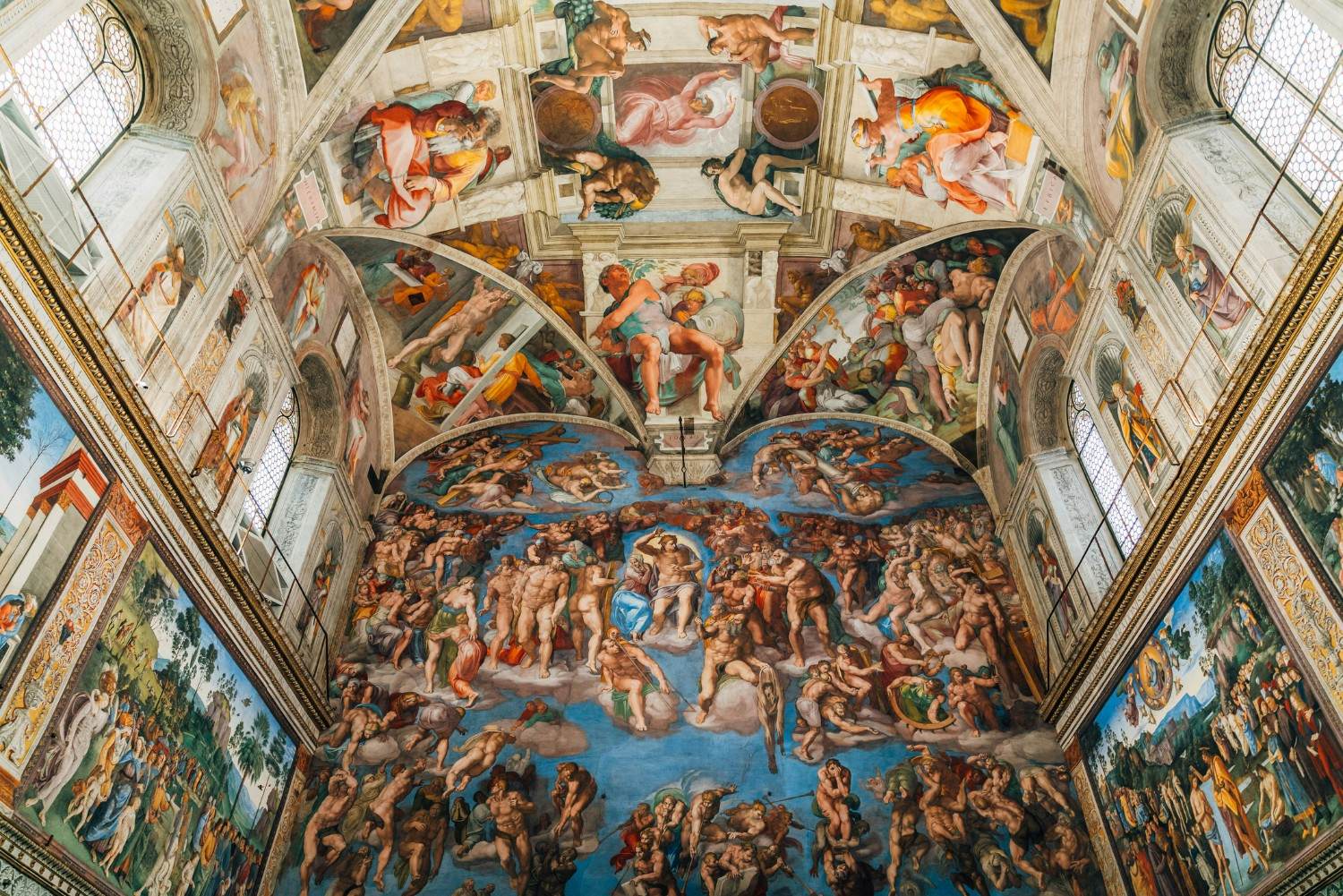
Location: Vatican City, Rome, Italy
This art piece is known far beyond Italy and many travelers come to see it every year. However, they can only save memories about their visit in mind, as it isn’t allowed to take photos in the Sistine Chapel.
The Nippon Television Network Corporation of Japan was truly lucky to get permission to photograph the chapel until 1997. But they needed to pay for all restoration works that were performed during that period.
After the deal expired, the Vatican decided to stick to “no pictured allowed” rule. There are guards inside the chapel, who keep tabs on the visitors and remind about their policy.
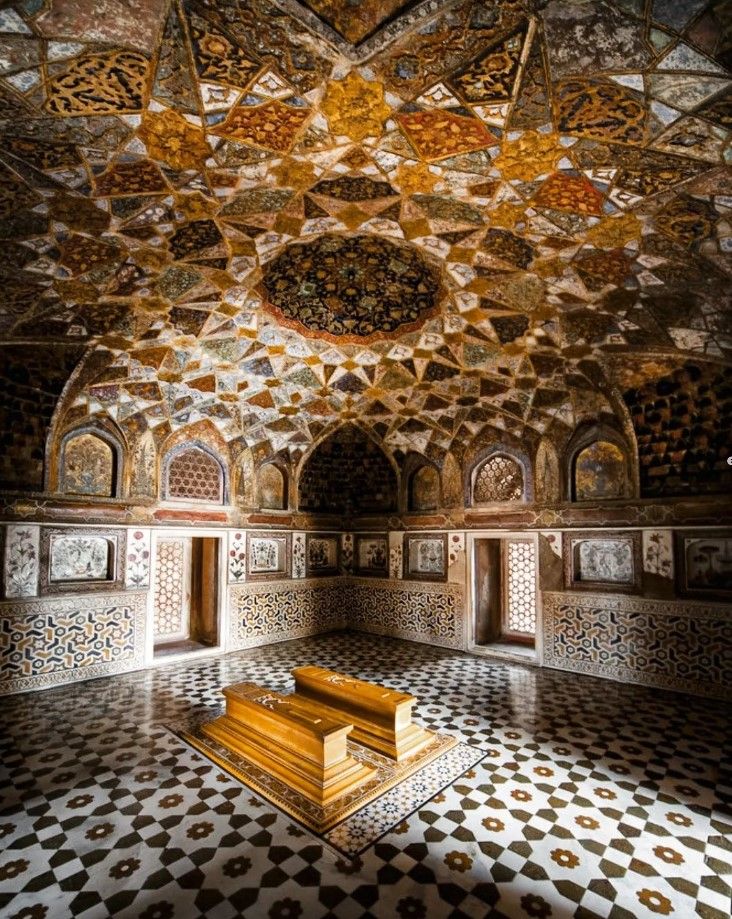
Location: Agra, India
Being outside, you are allowed to photograph every inch of the territory. However, once you step inside, switch your camera off, because this is a tomb and it is totally disrespectful to snap images there.
You can find info about what you can and can’t film on different travel photography blogs, but it is better to consult guards if you are doubtful.
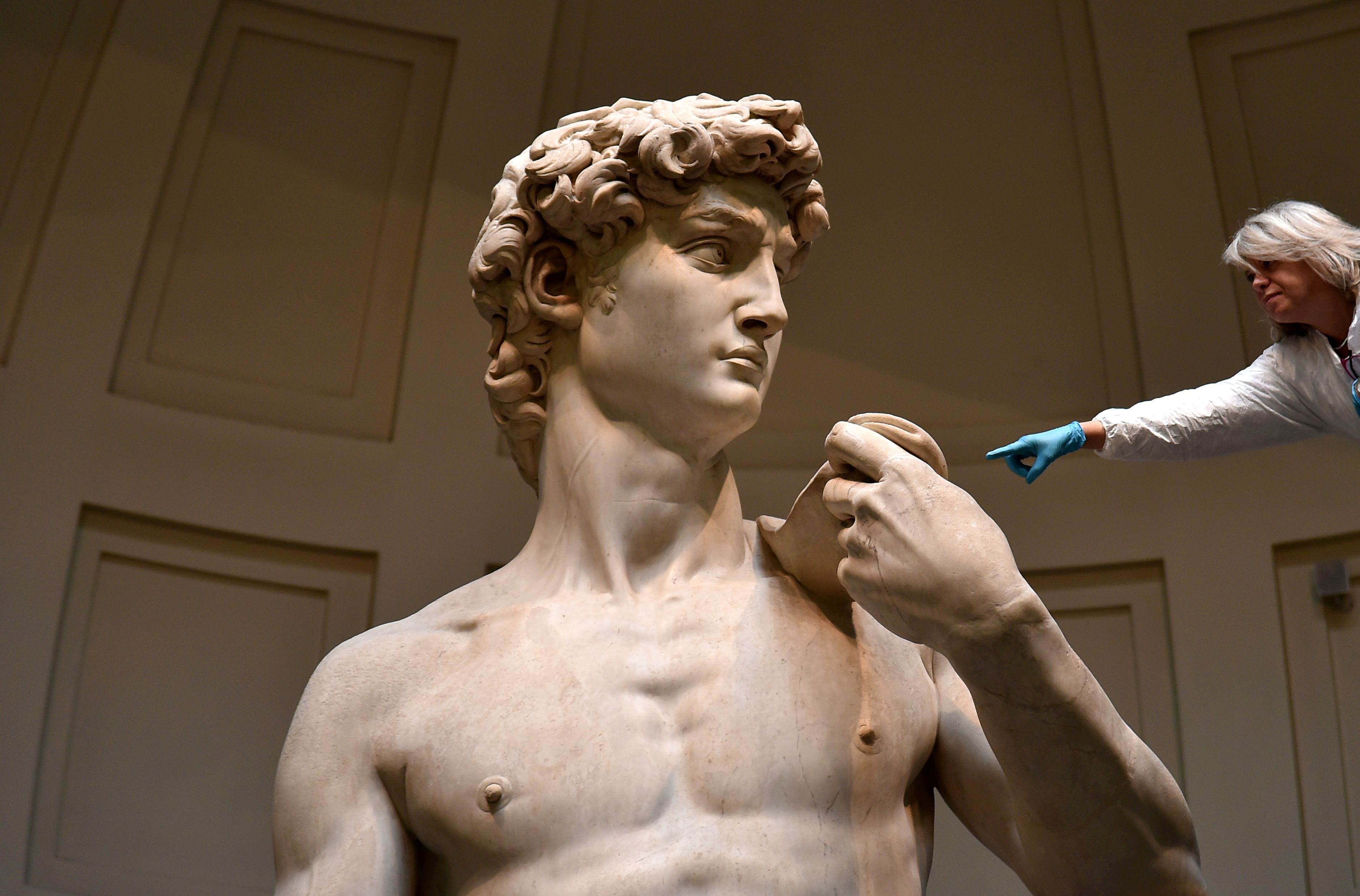
Location: Florence, Italy
Another world-known masterpiece that gathers crowds all year round. You can stare at the statue as long and as often as you want, but don’t even try to pull your camera out of a bag unless you want to have an unpleasant talk with guards. There is a “no photography allowed” zone, and this statue is located within its borders.
:max_bytes(150000):strip_icc()/morning-time-at-valley-of-the-kings-in-luxor-city--egypt-951657442-5c1e008fc9e77c00011a4843.jpg)
Location: Luxor, Egypt
If you are one of those fans of ancient Egypt and want to get as close to that historical era as possible, you should definitely visit the Valley of the Kings on the West Bank of the Nile River. This is a magnificent historical place where ancient Egyptians buried their Pharaohs. There are over 60 impressive underground mausoleums with colorful hieroglyphics on the walls.
If you plan to capture the grandeur of the place using your digital camera, you’ll be disappointed to learn that the Valley of the Kings also maintains a strict no photography allowed policy. Even if you manage to bring your gear underground, the moment you try to snap a photo, you’ll be fined and your camera will be confiscated. The only way to take an image is to address Egypt’s tourist authorities.
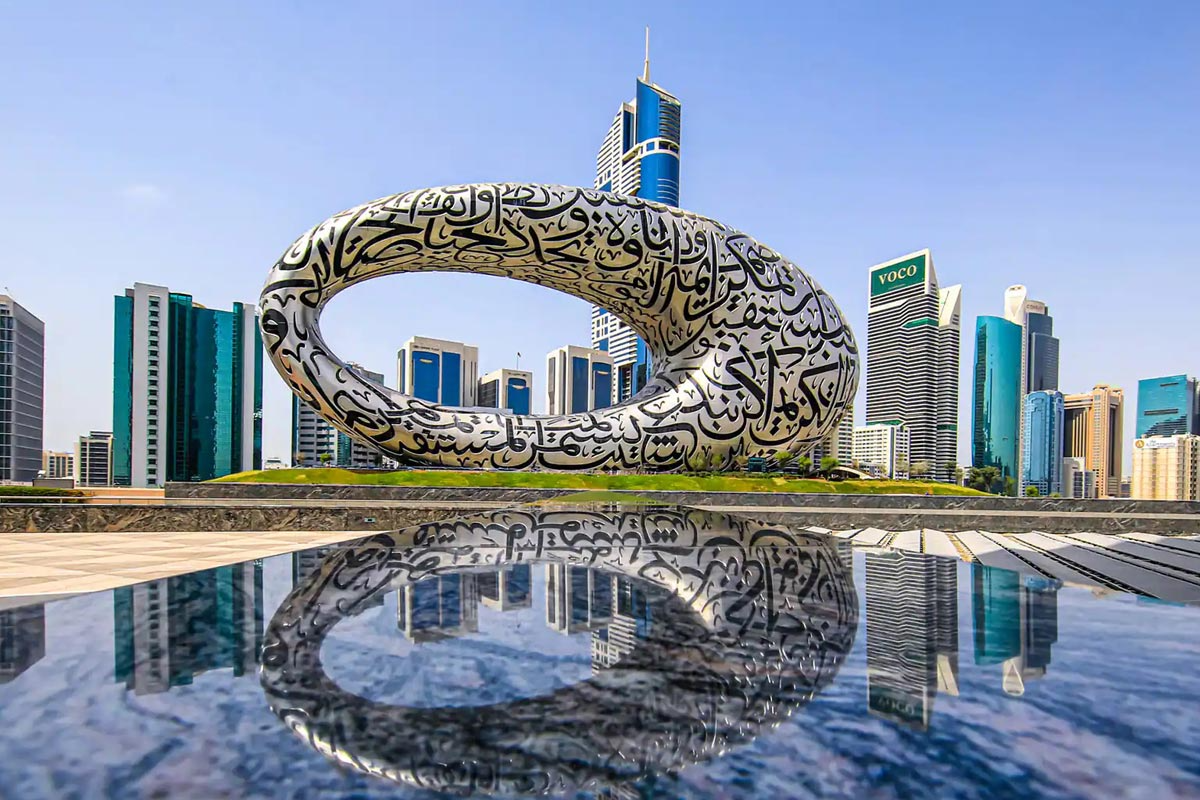
Another territory that imposes restrictions on photographing is the UAE. There are some areas, where shooting results in 1-3 months of imprisonment or a $1,361 fine. The main reason for such laws is national prohibitions.
Keep in mind that you cannot photograph government buildings, certain bridges, and palaces of the Sheikhs. The palace-related ban is actually written down in the country's legislation.
A tourist from the USA was arrested in 2014 for taking images in Abu Dhabi. Another person from Athens was kept in prison for photographing houses and mosques in the capital.

Location: London, UK
Being one of the most important places to the British people, the Westminster Abbey also belongs to the list of attractions that share the “no photography” rule.
The government, as well as citizens, believe that they need to preserve the iconic structure of the sanctuary, so they don’t want hundreds of tourists to hustle around with their cameras and flashes being constantly on.
However, if you need a photo of this building, you can visit the official website with an extensive gallery and find many images there.

Location: India
You can leave your selfie sticks and selfie cameras at home if you plan to visit Mumbai, as the city has banned this type of photography.
The thing is that many people crippled or even died trying to bring to life their selfie ideas in popular spots across the city. In total, there are 16 locations, where selfie photography is totally banned. Moreover, there are police patrols that warn people about the law.
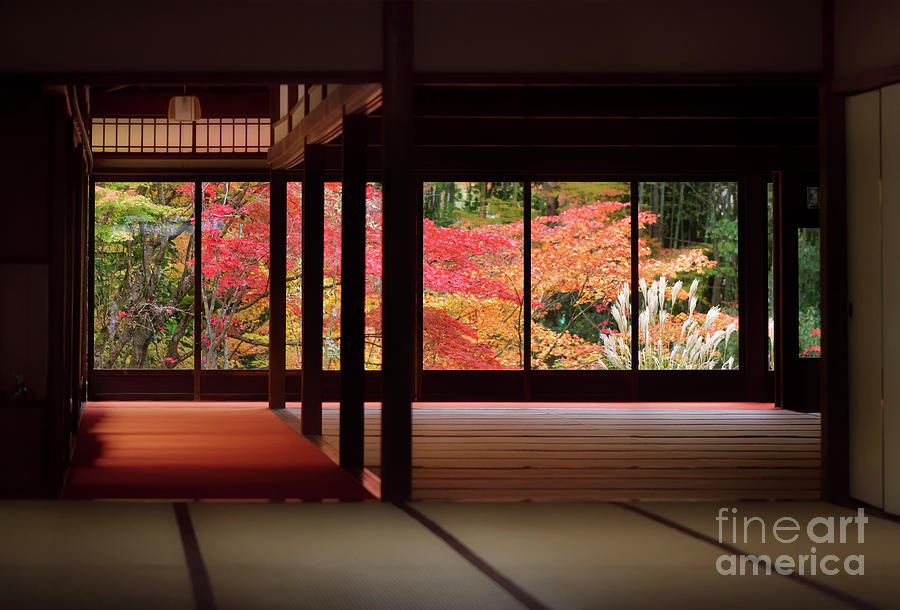
Location: Japan
Japan is famous for a plethora of mesmerizing temples, shrines, and religious statues, but some of them are available for observing only, while photographing is completely prohibited. This mainly happens because of religious beliefs, but there is also a more rational reason.
Many tourists showed bad manners while being in sacred places, which induced the government to install no photography allowed signs. Some visitors used to place their travel tripods on the walkways, others trampled into gardens or leaned on walls and pillows, which resulted in damaged surfaces.
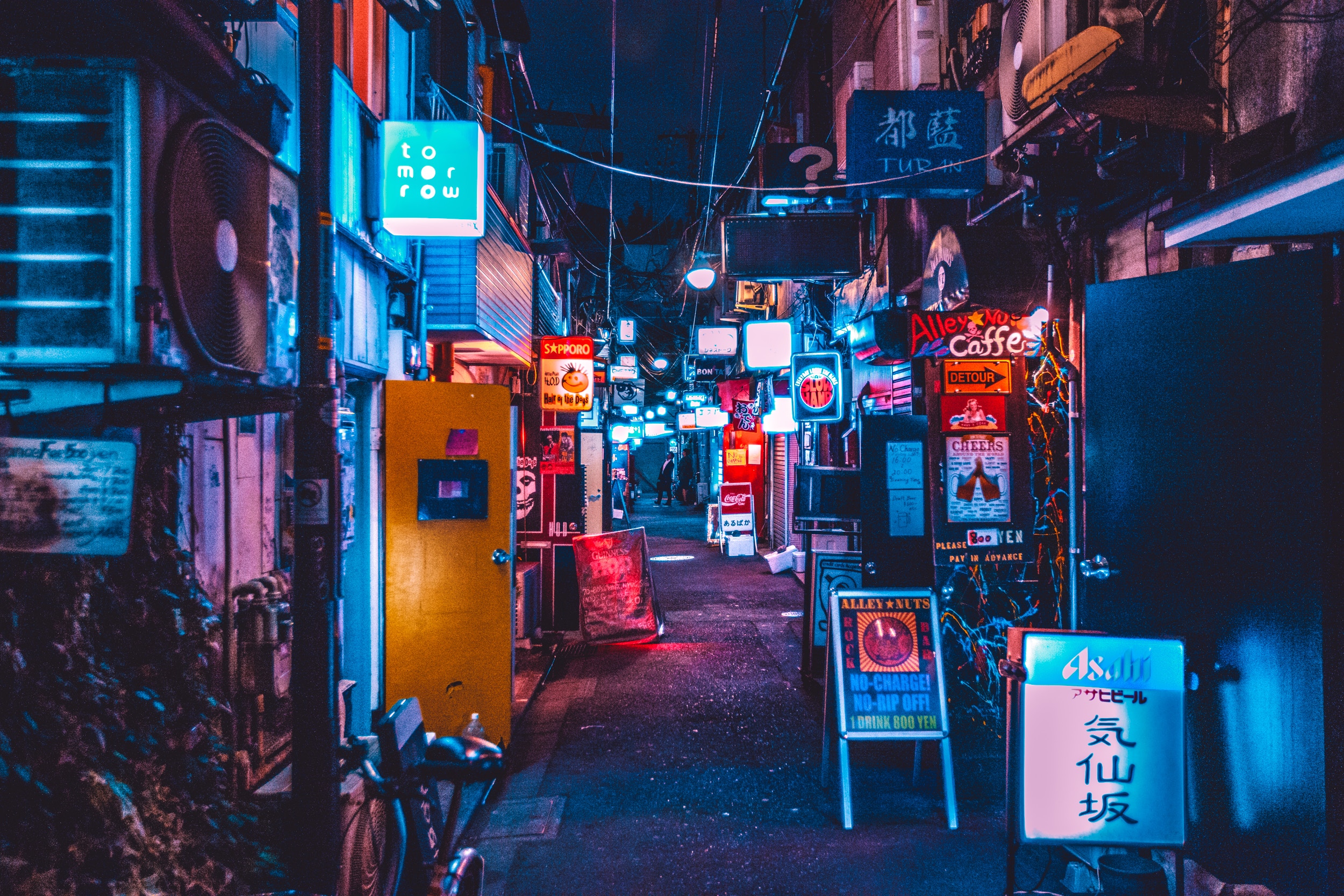
Location: Shinjuku, Tokyo, Japan
This is a popular neighborhood in Tokyo with many small bars and restaurants. The alleyways comprise about 290 bars, some of which are so tiny that no more than 6 people can be there simultaneously.
The citizens claim that if you want to feel the real spirit of Tokyo, you should go to this region. However, you can “document” all details with your eyes only, while filming is prohibited. This is probably because of illegal affairs, namely prostitution, that was common in the area.
Location: London, UK
The jewels kept in the Tower of London are securely protected not only from theft but also from bright flashes. The English monarchs have owned these jewels since the 14th century, so no wonder they try to protect them from prying eyes. Actually, every object stored in the Jewel House of London has a no photography allowed sign next to it.

Location: Nanjing, China
Only people, who live in China can get inside this museum. It contains lots of spy gadgets, secret equipment and documents dating back to the 19th century. The government of the country believes that such an exhibition is too sensitive for foreign exposure. Even if you manage to get inside, you can’t take photos there.

Location: Arizona, US
You are bound to admire the view from this giant U-shaped walkout with a plexiglass bottom in Grand Canyon. However, remember about no photography rules that are used there, so you can leave your compact camera in a hotel room.
The reason behind such a decision is clear – people carrying bulky cameras or even regular mobile phones can unintentionally damage glass paneling, which entails huge expenses and dangerous consequences. However, you can buy a souvenir photo taken by a pro photographer at the exit.
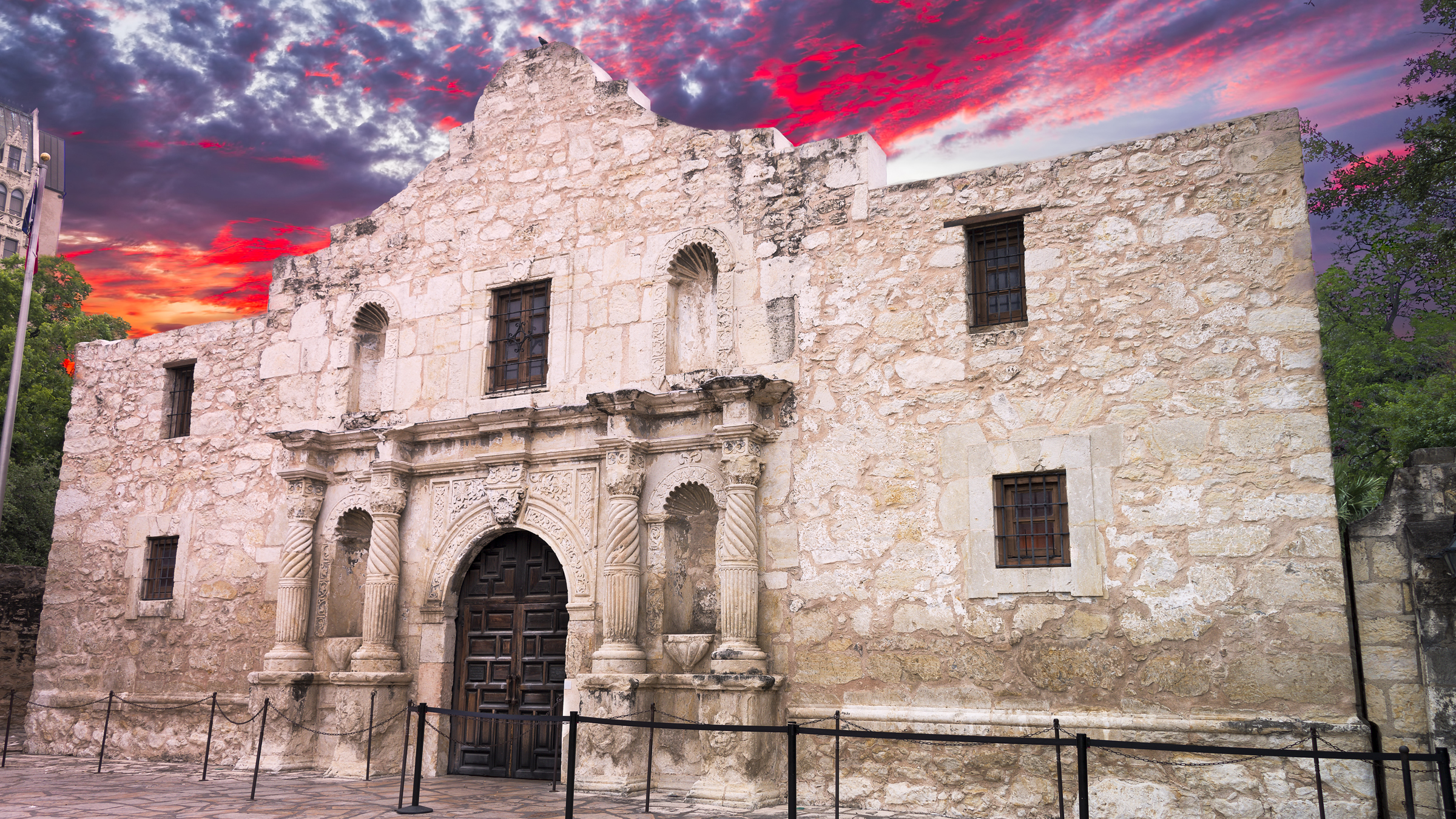
Location: Texas, USA
This battle site is referred to as an altar of the freedom of Texas during the 1836 revolution. Located in San Antonio, it attracts people from abroad but they can only settle for photographing the exterior. No one is allowed to snap images inside because of respect for historical structure.
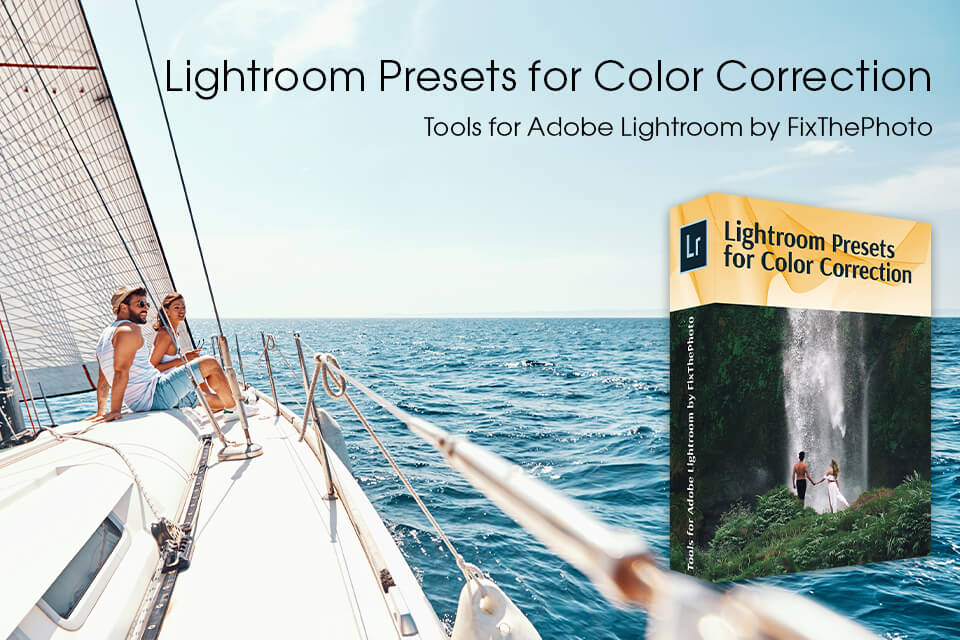
To make your images beautiful with all key objects professionally highlighted, you can either address post-production services or use ready-made Lr presets. Such tools can speed up your workflow and help you get an attractive color correction in all photos.